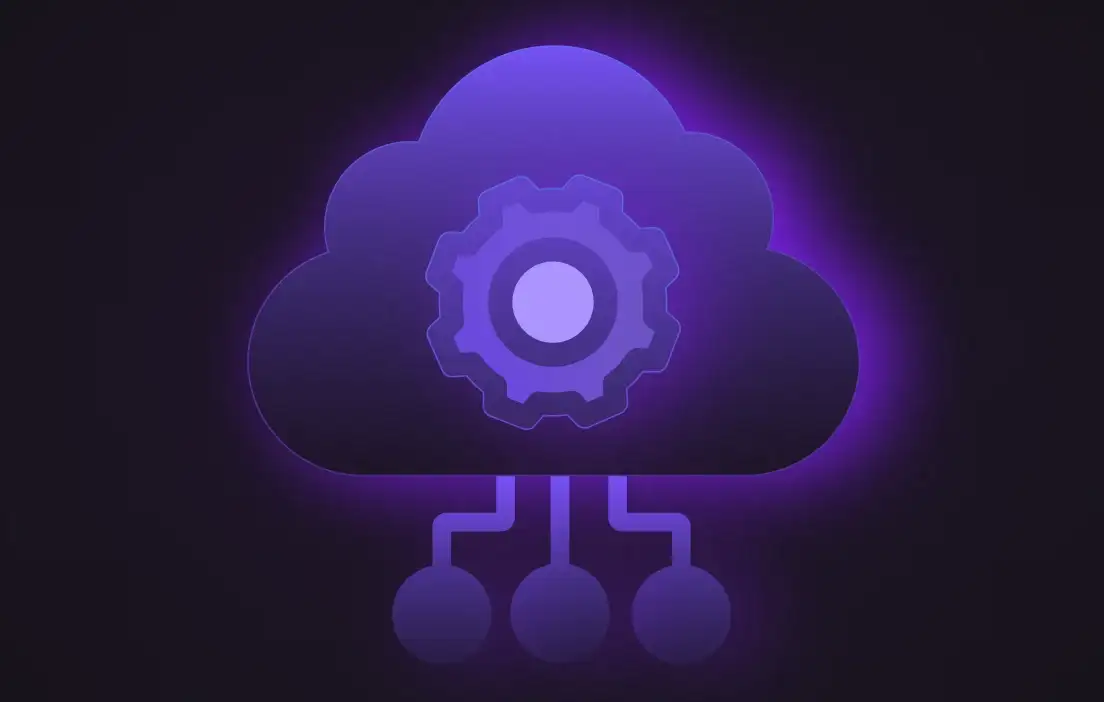It seems that the whole world is moving to cloud. Some companies are just taking their first baby steps – lifting and shifting their on-prem workloads into IaaS to save them having to maintain their own data centers and give them more flexibility.
Others are re-factoring their workloads to take full advantage of PaaS for greater agility and cost optimization. But nearly all are adopting SaaS as their first choice for off-the-shelf business applications and tooling.
The Many Advantages of SaaS
The popularity of SaaS is due to its many compelling benefits:
- Easy to evaluate product capabilities before purchase
- No CapEx investment required – simply pay-as-you-go
- OpEx cost savings from sharing a multi-tenanted infrastructure with no maintenance, backups, or patching required
- Faster return on investment
- Security and high availability baked in
- Accessibility from anywhere
- Seamless scalability as your needs grow
Securing Data in the Cloud
As more and more sensitive data is migrated to the cloud, the focus has shifted to cloud data security. It is critical to encrypt or tokenize that data in case it is stolen. While public cloud services provide various native data security offerings, including key management system (KMS) and hardware security module (HSM), these are very limited in capability and are also cloud-specific, making them difficult to manage in a multi-cloud environment.
Moreover, the Schrems II ruling in the EU Court of Justice calls into question whether, to be compliant with GDPR, your encryption keys should be entrusted to the same cloud providers that hold your data. This raises a real concern for organizations handling customer data security, especially under GDPR and other compliance mandates.
Besides, many companies regard their KMS and HSMs as their “crown jewels”, underpinning the data security of their data across multiple environments, and are reluctant to move them out of their own data centers. They may have reasonable concerns about loss of control, limited customization, performance, availability, and security.
How can these concerns be addressed to enable companies to reap the benefits of SaaS for data security?
Data Security as-a-Service
These are the things you should look out for when selecting a SaaS data security solution:
- Broad range of capabilities (e.g., KMS, HSM, secrets management, tokenization)
- Ease of use, enabling a self-service model for IT and line-of-business teams
- Cloud-agnostic (i.e., ability to work with a wide range of IaaS, PaaS, and SaaS)
- Broad API support
- Hardware-based security, compliant with FIPS 140-2 Level 3
- No ability for the vendor (even a malicious sysadmin) to access customer keys/data
- Customization options
- High availability, with a defined SLA
- Seamless scalability, without manual intervention
- High throughput and low latency, wherever your workload resides
The problem is finding a solution that ticks all these boxes, which has been an impossible task – until now. Read more about Iexec testimonial on Fortanix DSM
Fortanix DSM SaaS – Raising the Bar on Data Security as a Service
Fortanix Data Security Manager (DSM) SaaS is the world’s first truly scalable, multi-cloud data security service solution, With it, organizations can finally adopt a SaaS model without compromising on customer data security or control..
-
Capabilities and Ease of Use
Fortanix DSM SaaS is a unified data security solution, providing key management , HSM, secrets management, and tokenization within a single product, managed through a single pane of glass. This provides significant TCO savings, as well as enabling a self-service model for each IT or line-of-business team to manage their own keys without being cryptography experts.
-
Cloud Agnostic
Fortanix DSM SaaS integrates directly with cloud native KMS and HSM tools, supporting BYOK, BYOKMS, and BYOE for public clouds and third-party SaaS applications, making Fortanix key management a centralized control point for keys, compliance, and auditing across environments.
-
API Support
Fortanix DSM SaaS supports industry standard cryptographic APIs such as KMIP, PKCS#11, JCE, and CAPI/CNG, as well as providing comprehensive and powerful REST APIs for DevOps and automation, and also bespoke integrations with numerous third-party applications.
-
Security and Control
Fortanix DSM SaaS is built using our own FIPS 140-2 Level 3 compliant hardware appliances, trusted by banks and Fortune Global 500 enterprises worldwide, and managed in accordance with SOC 2 Type 2 and PCI-DSS. Customer keys and data never leave the selected region (USA, EU, UK, APAC, Australia). We also utilize the latest confidential computing technology to secure customer keys and data, not only at rest and in motion, but also in use – so that attackers (including even malicious admins) are unable to access anything sensitive. Neither Fortanix nor any cloud provider has any access to customer keys or data, even if subpoenaed, giving enterprises full control over customer data security.
-
Customization
Fortanix DSM SaaS allows you to define your own compliance policies, such as Cryptographic Policies, Quorum Approval Policies, and Key Policies. You can also integrate it with your own enterprise tools, such as SSO, AD, and SIEM. Furthermore, you can write your own “plugin” scripts to implement bespoke integrations, business logic, etc. (or use our library of pre-written plugins) – all running within secure enclaves and inside the FIPS security boundary.
-
Availability
Fortanix DSM SaaS uses an active-active clustering architecture spanning multiple data centers to ensure high availability (with a defined SLA) and provide DR capabilities. Software updates are performed without downtime.
-
Scalability
Fortanix DSM SaaS provides seamless scalability. Customers can consume additional keys and bandwidth as required, without worrying about hardware-defined boundaries or limits.
-
Performance
Fortanix DSM SaaS offers high cryptographic throughput, and latency is minimized by having worldwide points of presence and high-speed connectivity into major cloud service providers. For the most performance- or latency-critical applications, the Fortanix DSM Accelerator client can be deployed locally to your workload.
Wrapping Up
The cloud is now at the core of how businesses run, and securing data in that environment isn’t optional anymore. As companies adopt more SaaS tools and spread workloads across multiple clouds, the traditional approach to protecting sensitive information starts to fall short. What’s needed is a smarter, more flexible way to handle data security.
That’s where Fortanix DSM SaaS stands out. It brings together everything from key management solutions and tokenization to secrets management and HSM, all delivered as a service. With its cloud-agnostic architecture, high performance, and strong compliance foundation, it helps teams regain control over their customer data security without the operational headaches.
If your business is rethinking how it secures data across the cloud, Fortanix Data Security Manager offers a modern, scalable option that’s ready to meet today’s challenges.











